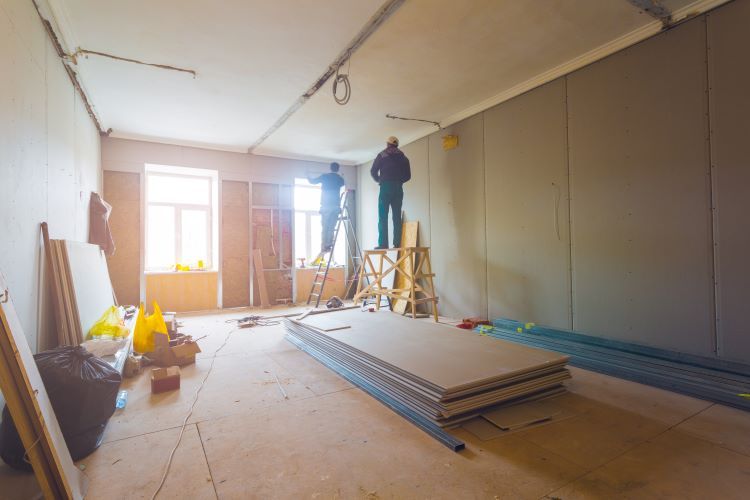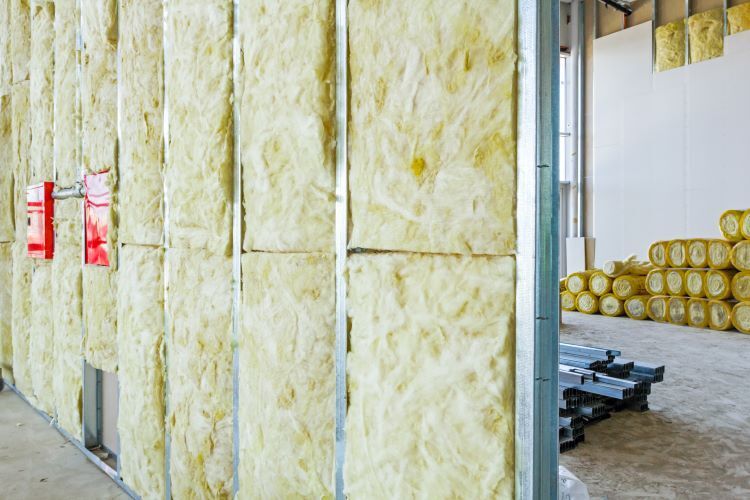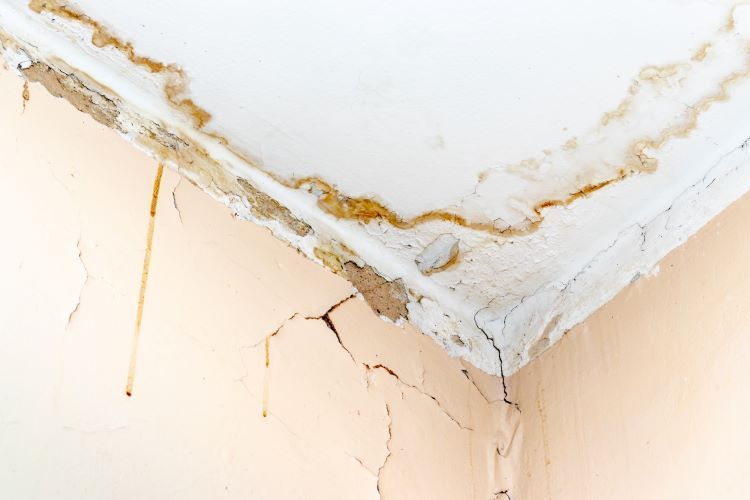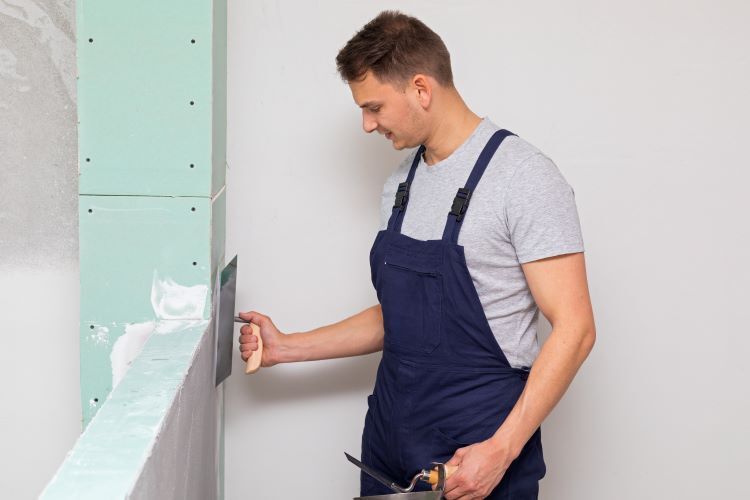How to Choose the Right Drywall Thickness for Your Project

When it comes to drywall installation, one of the most important decisions you’ll make is choosing the right drywall thickness for your project. Drywall, also known as gypsum board, comes in a variety of thicknesses, each suited to different purposes and spaces in your home or business. Picking the correct thickness ensures your walls and ceilings are durable, insulated, and ready for finishing.
At Windsor Drywallers, we know that selecting the right drywall is crucial for achieving a professional, long-lasting result. In this article, we’ll guide you through the most common drywall thicknesses and help you determine which option is best for your project.
Common Drywall Thicknesses
Drywall typically comes in four standard thicknesses:
- 1/4 inch
- 3/8 inch
- 1/2 inch
- 5/8 inch
Each thickness serves a different function and is recommended for specific applications. Here’s a breakdown of what each thickness is used for:
1. 1/4-Inch Drywall
This is the thinnest option available and is often used for curved surfaces or as a laminate layer over existing walls. Because of its flexibility, 1/4-inch drywall is perfect for creating arches or bending around other curved architectural features.
- Best uses: Overlaying damaged walls, curved walls, arches
- Drawback: Not suitable for main walls or ceilings, as it's too thin to provide sufficient strength or soundproofing.
2. 3/8-Inch Drywall
While less common in new construction, 3/8-inch drywall is sometimes used as a lightweight option for remodeling and patching existing walls. It's slightly more robust than 1/4-inch drywall but still not strong enough for most structural purposes.
- Best uses: Patching existing drywall or covering lightweight interior walls
- Drawback: Lacks the rigidity and strength needed for most modern wall and ceiling applications.
3. 1/2-Inch Drywall
This is the most common drywall thickness used in residential and commercial construction. It offers a balance of strength and flexibility and is suitable for both walls and ceilings. Most homes in Windsor and across Ontario have walls made from 1/2-inch drywall.
- Best uses: Standard interior walls and ceilings in living rooms, bedrooms, and hallways
- Benefits: Strong enough to handle regular wear and tear, easy to install, and compatible with most framing types.
4. 5/8-Inch Drywall
The thickest standard option, 5/8-inch drywall is known for its superior soundproofing and fire resistance. It is commonly used in commercial buildings, basements, and shared walls between rooms where fire ratings or soundproofing are essential.
- Best uses: Commercial spaces, garages, soundproofing, and fire-rated walls or ceilings
- Benefits: Provides additional strength, noise reduction, and safety in fire-prone areas.
How to Choose the Right Thickness
Now that you’re familiar with the available options, let’s look at how to choose the right drywall thickness based on your project’s specific needs:
1. Walls or Ceilings?
The thickness you choose may depend on whether you’re working on walls or ceilings:
- For walls, 1/2-inch drywall is usually the standard thickness used in most residential projects. It offers sufficient strength to support paint, wallpaper, and artwork, and it’s easy to install over wood or metal studs.
- For ceilings, you may want to use 5/8-inch drywall for additional support, especially if your ceiling has a large span or is in a space like a garage or basement. The added thickness prevents sagging over time and offers better soundproofing.
2. Fire Resistance and Safety
If you’re installing drywall in a garage, basement, or anywhere that may require additional fire protection, opt for 5/8-inch fire-rated drywall. This thicker drywall can slow the spread of fire between rooms, providing crucial time for occupants to evacuate safely.
Many building codes in Windsor and throughout Ontario mandate the use of fire-rated drywall in certain areas of homes and commercial buildings, so make sure to check with local regulations when planning your project.
3. Soundproofing Needs
In spaces like bedrooms, home offices, or media rooms, soundproofing is often a priority. Thicker drywall like the 5/8-inch option can help minimize sound transmission between rooms, creating quieter, more private spaces. For enhanced soundproofing, consider pairing the thicker drywall with insulation or additional soundproofing materials.
4. Curved or Special Architectural Features
If your project involves curved walls, arches, or other unique architectural elements, you’ll want to use 1/4-inch drywall due to its flexibility. This thin drywall can be bent and shaped without cracking, making it ideal for achieving smooth, rounded finishes. Keep in mind that these thin layers may need to be applied over an existing surface for added support.
5. Repair or Remodel
If you’re working on a repair or remodeling project where you’re simply patching or covering up old walls, 3/8-inch drywall can be an excellent choice. It’s thinner and easier to handle for small fixes and overlays, allowing you to create a smooth, finished look without adding too much thickness to the existing walls.
The Importance of Getting It Right
Choosing the right drywall thickness for your project is about more than just aesthetics; it directly impacts the durability, soundproofing, and safety of your walls and ceilings. Whether you’re renovating your home, finishing a basement, or working on a commercial property, the correct drywall thickness ensures the integrity and longevity of your space.
Conclusion
Selecting the right drywall thickness is a critical part of ensuring the success of any construction or renovation project. From thin, flexible sheets for curved walls to thicker, fire-rated drywall for garages and commercial spaces, Windsor Drywallers has the expertise to guide you through the process.
Contact us today to learn more about how we can help with your next drywall project in Windsor, Ontario, and make sure you get the right materials for your home or business!
You might also like


